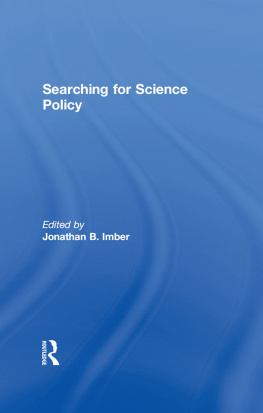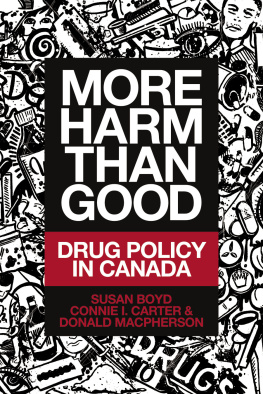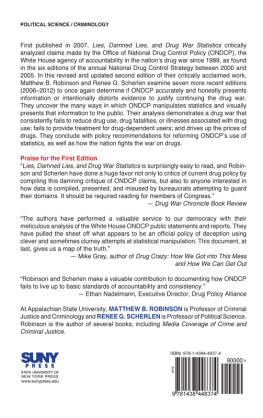Julie Tieberghien - Change or Continuity in Drug Policy: The Roles of Science, Media, and Interest Groups
Here you can read online Julie Tieberghien - Change or Continuity in Drug Policy: The Roles of Science, Media, and Interest Groups full text of the book (entire story) in english for free. Download pdf and epub, get meaning, cover and reviews about this ebook. year: 2017, publisher: Routledge, genre: Politics. Description of the work, (preface) as well as reviews are available. Best literature library LitArk.com created for fans of good reading and offers a wide selection of genres:
Romance novel
Science fiction
Adventure
Detective
Science
History
Home and family
Prose
Art
Politics
Computer
Non-fiction
Religion
Business
Children
Humor
Choose a favorite category and find really read worthwhile books. Enjoy immersion in the world of imagination, feel the emotions of the characters or learn something new for yourself, make an fascinating discovery.

- Book:Change or Continuity in Drug Policy: The Roles of Science, Media, and Interest Groups
- Author:
- Publisher:Routledge
- Genre:
- Year:2017
- Rating:4 / 5
- Favourites:Add to favourites
- Your mark:
Change or Continuity in Drug Policy: The Roles of Science, Media, and Interest Groups: summary, description and annotation
We offer to read an annotation, description, summary or preface (depends on what the author of the book "Change or Continuity in Drug Policy: The Roles of Science, Media, and Interest Groups" wrote himself). If you haven't found the necessary information about the book — write in the comments, we will try to find it.
While evidence-based policy is an emerging rhetoric of the desire by and for governments to develop policies based on the best available evidence, drug policy is an area where particular challenges abound. This book is a detailed and comprehensive examination of the contours of drug policy development through the consideration of the particular roles of science, media, and interest groups. Using Belgium as the primary case-study, supplemented by insights gathered from other countries, the author contributes to a richer understanding of the science-policy nexus in the messy, real-world complexities of drug policy. Change or Continuity in Drug Policy: The Roles of Science, Media, and Interest Groups is the first book to bring together policy and media theories, knowledge utilisation models, and public scholarship literature. As such, the book provides unique insights relevant to aspects of change or continuity in drug policies in Europe and beyond.
This book will be of great value to undergraduate and graduate students, as well as to academics, practitioners and policymakers with interest in the science-policy nexus with a particular focus on the drug policy domain.
Julie Tieberghien: author's other books
Who wrote Change or Continuity in Drug Policy: The Roles of Science, Media, and Interest Groups? Find out the surname, the name of the author of the book and a list of all author's works by series.







